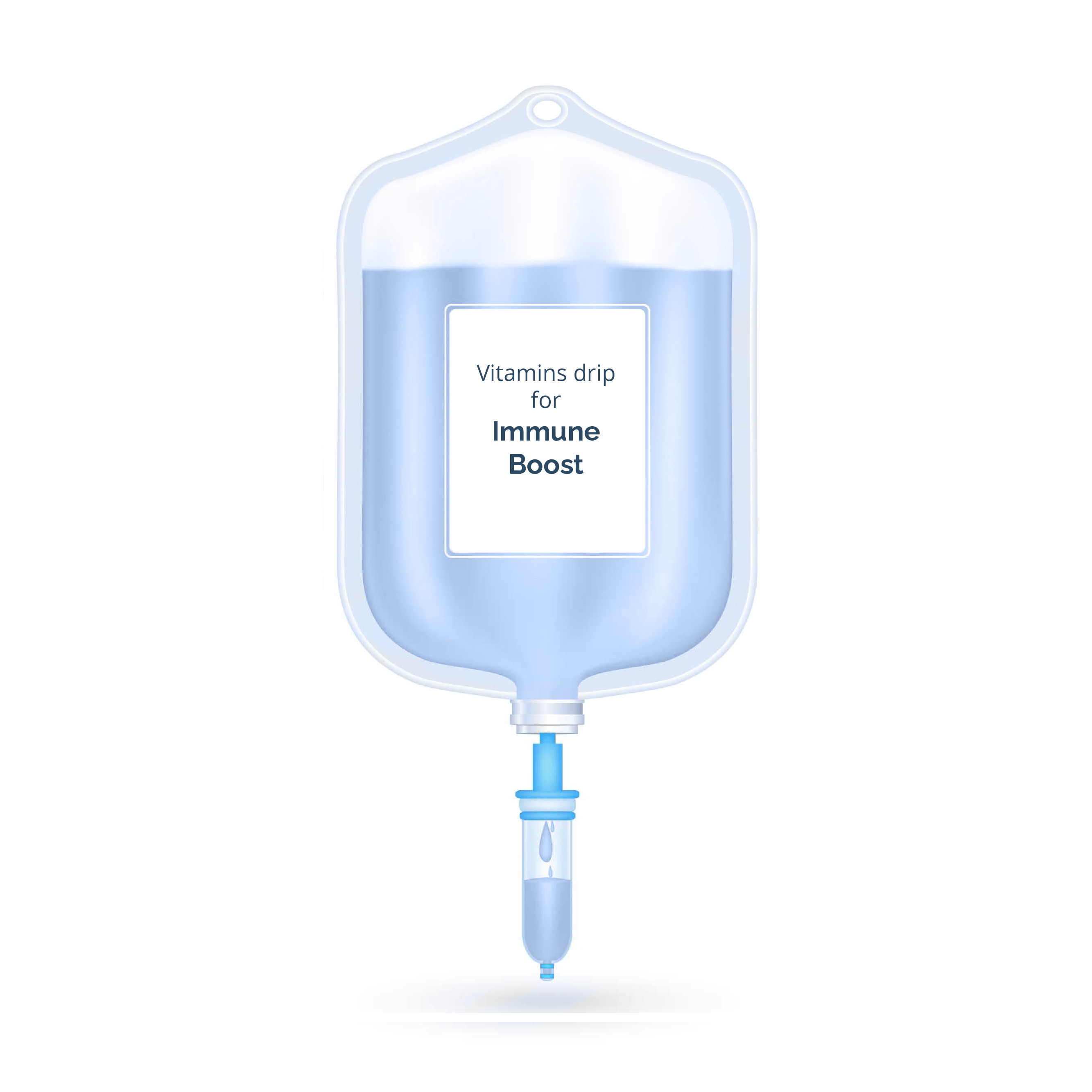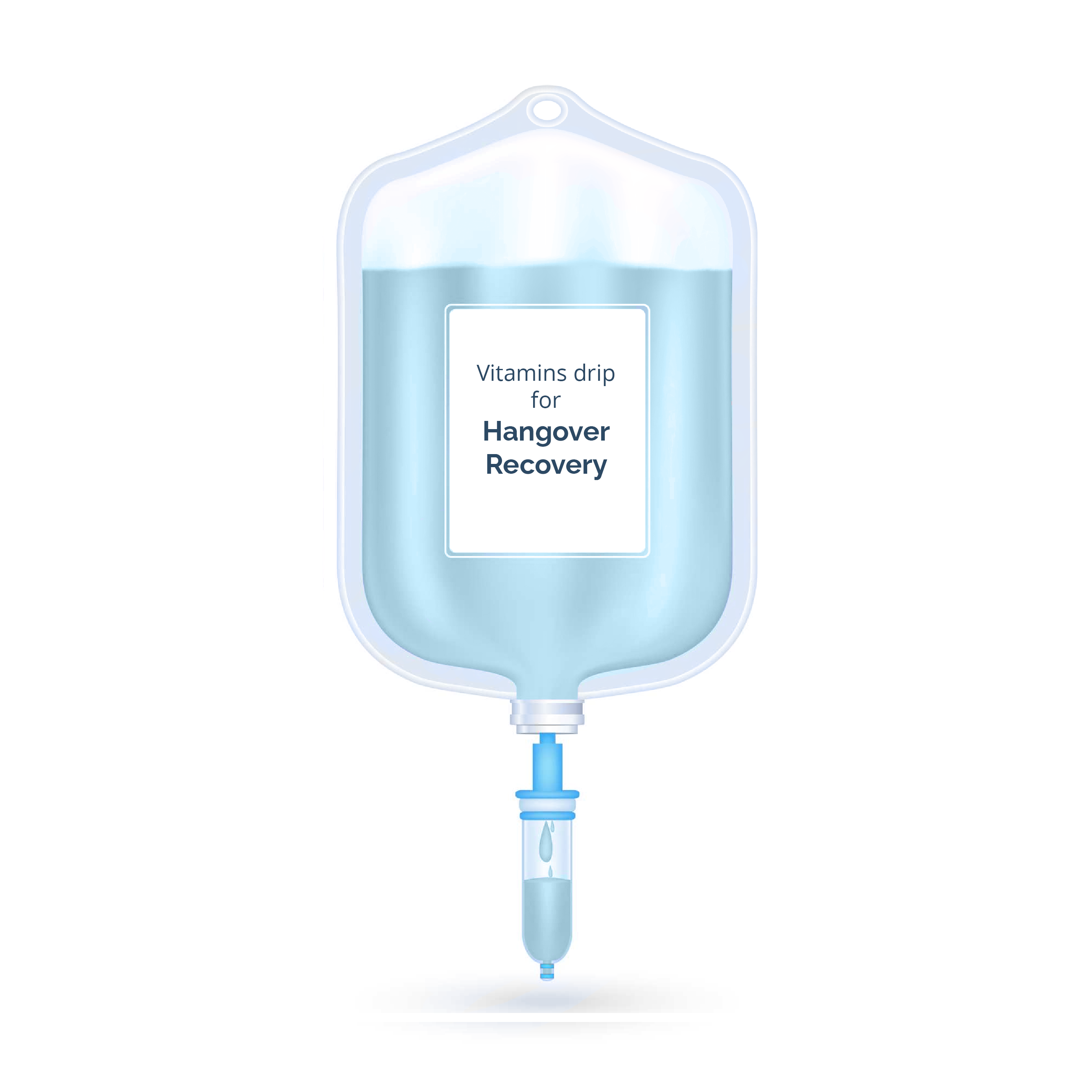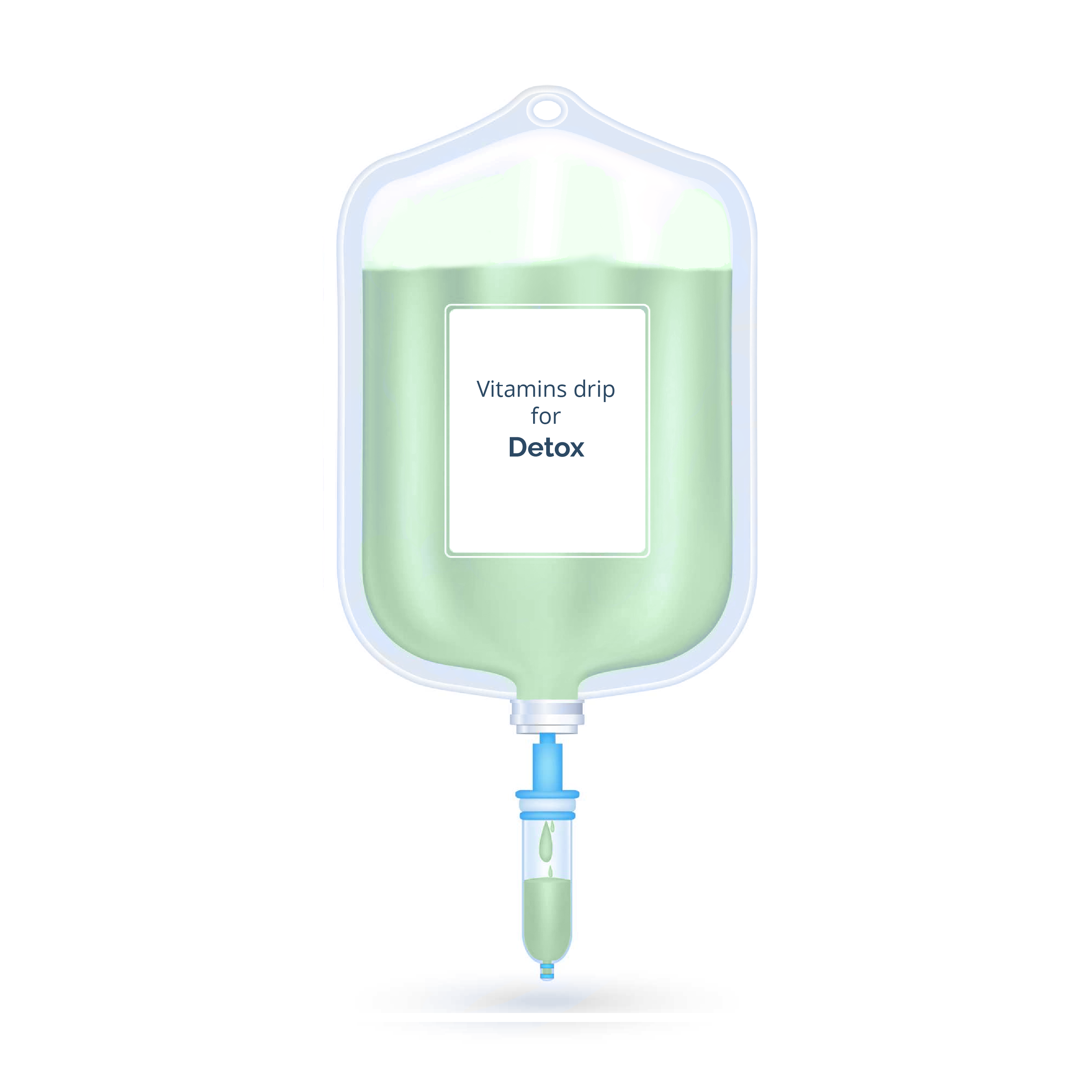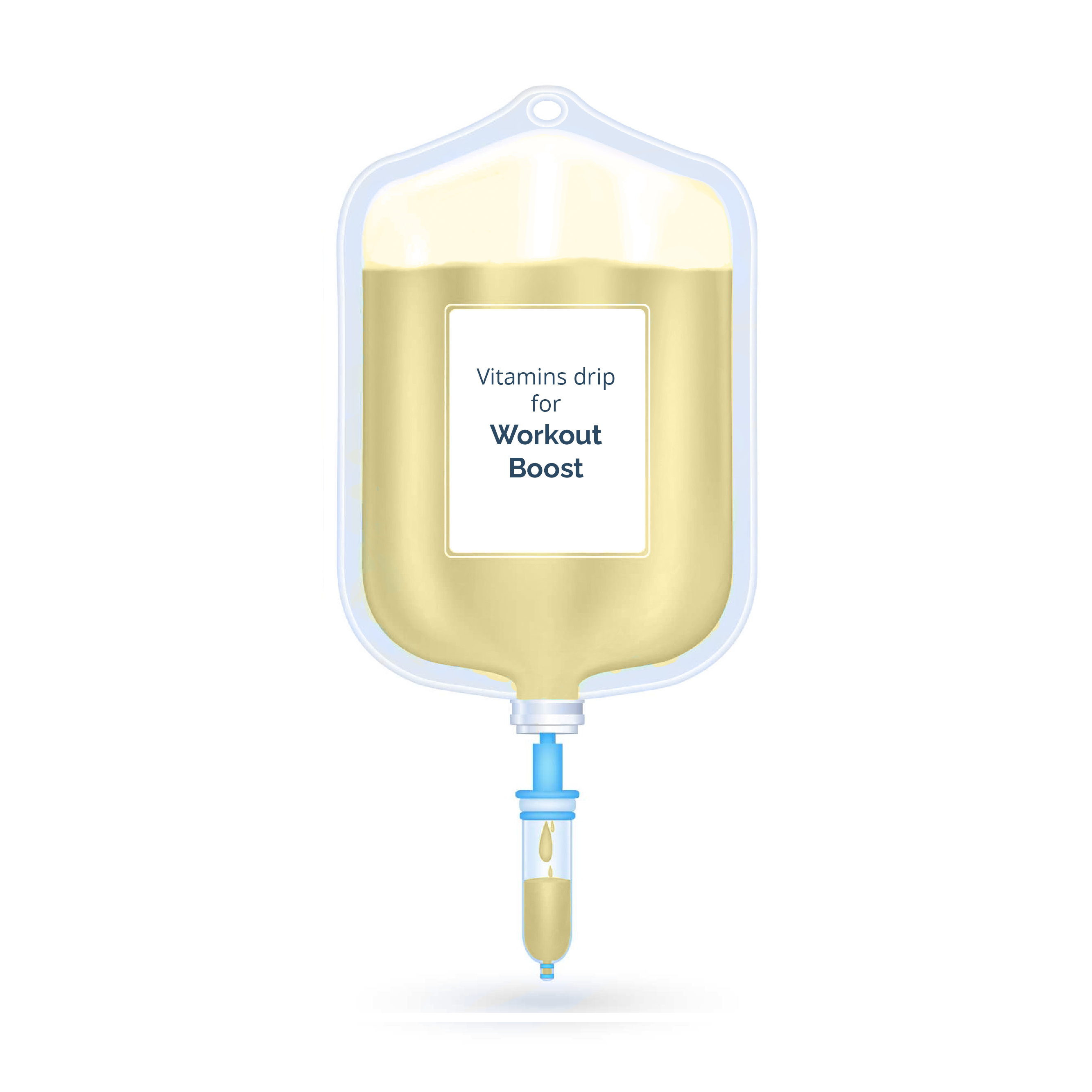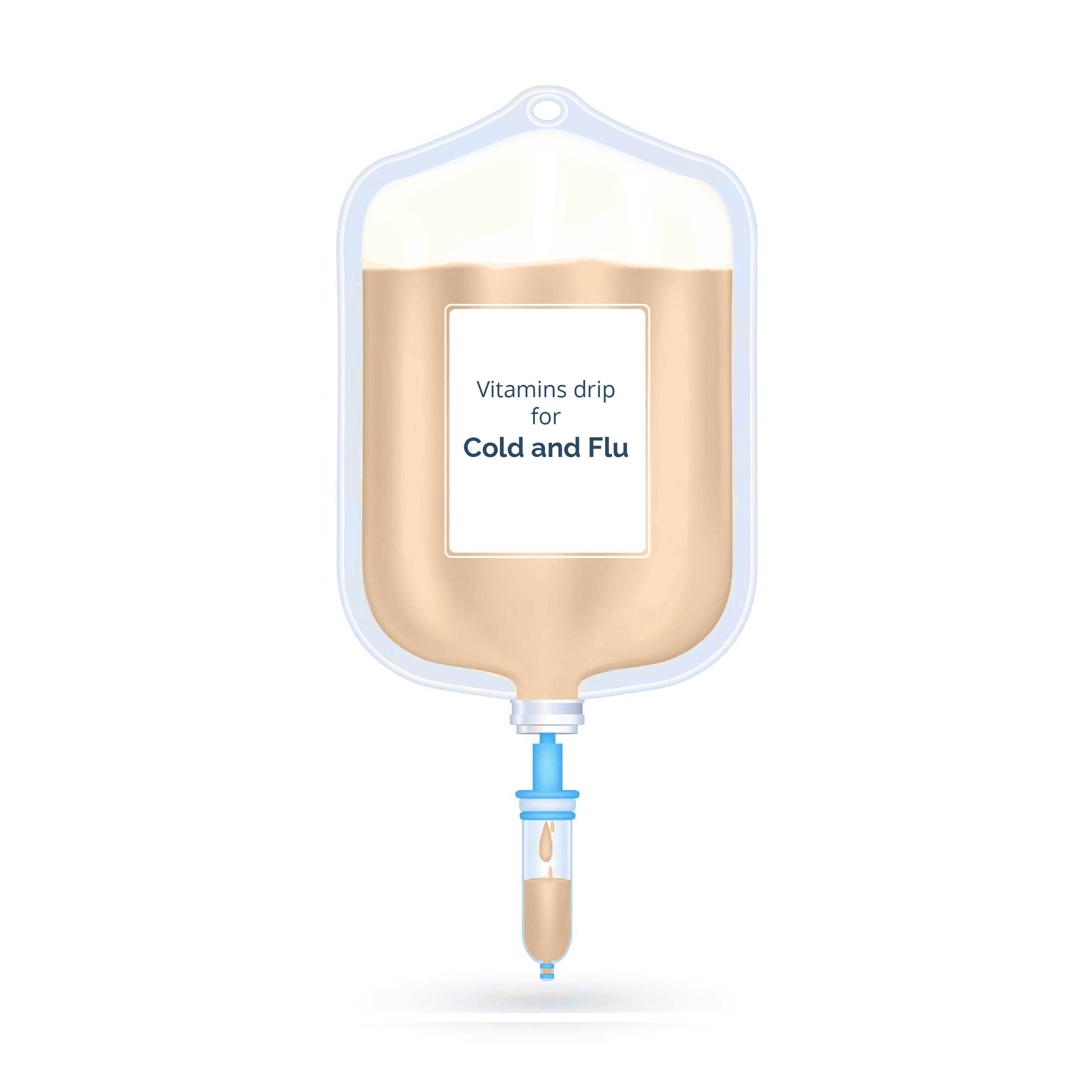
Immune Boost
During these uncertain times, supercharging your Immune System is crucial. This package is a combination of Fluids, Essential Nutrients and Powerful Antioxidants to Boost your Immune System
The Immune Boost IV is formulated to:
Boost the Immune System
Reduce fatigue
Treat chronic conditions
Resolve digestion issues
Combat chronic exhaustion
Energize your body
Fight infection
Ingredients
Normal Saline
Normal saline is a cornerstone of intravenous solutions commonly used in the clinical setting. It is a crystalloid fluid administered via an intravenous solution. Its indications include both adult and pediatric populations as sources of hydration and electrolyte disturbances. It can come in various concentrations; the two specifically addressed are 0.9% and 0.45%.
Additionally, it has a use as a priming solution for various procedures (e.g., hemodialysis procedures) and to initiate and terminate blood transfusions. Indications for sodium chloride infusions also include pharmaceutic aids and diluents for the infusion of compatible drug additives.
Vitamin B1
Thiamin (thiamine), or vitamin B1, is a water-soluble vitamin found naturally in some foods, added to foods, and sold as a supplement. Thiamin plays a vital role in the growth and function of various cells. Only small amounts are stored in the liver, so a daily intake of thiamin-rich foods is needed.
Because thiamin is involved in several basic cell functions and the breakdown of nutrients for energy, a deficiency can lead to various problems in the brain and heart that require a constant supply of energy.
Vitamin B2
Vitamin B2, or riboflavin, is naturally present in foods, added to foods, and available as a supplement. Bacteria in the gut can produce small amounts of riboflavin, but not enough to meet dietary needs. Riboflavin is a key component of coenzymes involved with the growth of cells, energy production, and the breakdown of fats, steroids, and medications.
Because riboflavin assists many enzymes with various daily functions throughout the body, a deficiency can lead to health problems. Animal studies show that the brain and heart disorders and some cancers can develop from long-term riboflavin deficiency.
Vitamin B3
Niacin, or vitamin B3, is a water-soluble B vitamin found naturally in some foods, added to foods, and sold as a supplement. The two most common forms of niacin in food and supplements are nicotinic acid and nicotinamide. The body can also convert tryptophan—an amino acid—to nicotinamide.
Niacin works in the body as a coenzyme, with more than 400 enzymes dependent on it for various reactions. Niacin helps to convert nutrients into energy, create cholesterol and fats, create and repair DNA, and exert antioxidant effects.
Vitamin B5
Vitamin B5, also called pantothenic acid, is one of 8 B vitamins. All B vitamins help the body convert food (carbohydrates) into fuel (glucose), which the body uses to produce energy. B complex vitamins are needed for healthy skin, hair, eyes, and liver. They also help the nervous system function properly.
In addition to playing a role in the breakdown of fats and carbohydrates for energy, vitamin B5 is critical to the manufacture of red blood cells, as well as sex and stress-related hormones produced in the adrenal glands.
Vitamin B6
Vitamin B6, or pyridoxine, is a water-soluble vitamin found naturally in many foods. Pyridoxal 5’ phosphate (PLP) is a coenzyme that assists more than 100 enzymes to perform various functions, including the breakdown of proteins, carbohydrates, and fats; maintaining normal levels of homocysteine (since high levels can cause heart problems); and supporting immune function and brain health.
Vitamin B6 has been widely studied for its role in disease prevention. Adequate blood levels of B6 may be associated with lower risk of cancers, compared to low blood levels.
High dose Vitamin C
Vitamin C (also called L-ascorbic acid or ascorbate) is a nutrient that humans must get from food or dietary supplements since it cannot be made in the body. Vitamin C is an antioxidant and helps prevent oxidative stress. It also works with enzymes to play a key role in making collagen.
When taken by intravenous (IV) infusion, vitamin C can reach much higher levels in the blood than when it is taken by mouth. Studies suggest that these higher levels of vitamin C may cause the death of cancer cells in the laboratory.
Glutathione
Glutathione shields cellular macromolecules from redox reactions and mitigates oxidative stress on the body by detoxifying the body, neutralizing free radicals and facilitating cell excretion. Glutathione also recycles vitamins C and E to protect cells from damaging oxidants. The amount of glutathione in cellular fluids naturally decreases over time, which in turn reduces the effectiveness of the body’s natural ability to remove free radicals.
A deficiency in glutathione can contribute to increased oxidative stress on the body, so supplementation is especially valuable in preventing the damaging effects of free radicals and reducing oxidative stress at the cellular level. Because glutathione is not well absorbed by the body when taken by mouth, it is ideal when administered in IV solutions.
